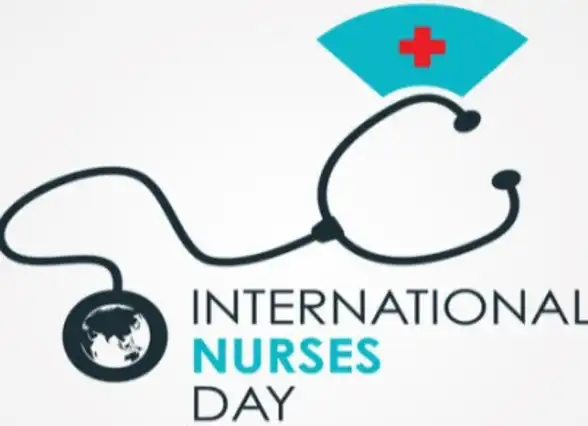Happy Birthday, Flo! - and Here's to International Nurses Day
Each year, International Nurses Day on May 12 marks the conclusion of Nurses Week. It is no coincidence that is the birth date of Florence Nightingale.
Get insurance benefits, legal documents, and medical records in one place

Nurses Week (beginning on May 6) always concludes with International Nurses Day on May 12, the birth date of Florence Nightingale (b. 1820, d. 1910).
She is often referred to as the founder of modern nursing and made significant contributions to the nursing profession and healthcare in general that are still considered best practices today.
Celebrating International Nurses Day
By celebrating International Nurses Day, you and your loved ones, along with families, friends, and neighbors impacted by nursing care, can express gratitude and admiration for the dedication and compassion of nurses who provide essential care and support worldwide.
Send thank-you cards.
Organize a recognition event and/or create a video tribute.
Provide gifts or tokens of appreciation.
Bear in mind that nurses love items that are homegrown, hand-sewn, handmade/hand-decorated, and homebaked!
Plan a special meal or treat.
Donate to nursing organizations.
Spread awareness.
The lady with the lamp
Florence Nightingale was a pioneer in nursing education, she staunchly advocated for sanitation and hygiene, as well as natural light and fresh air, she conducted statistical analysis and produced evidence-based practices, authored numerous articles and books published on nursing, healthcare, and social reform, and was a visionary of nursing leadership and advocacy.
She earned the nickname "The Lady with the Lamp" during her service as a nurse in the Crimean War (1853-1856). The title originated from a report in The Times newspaper, describing Nightingale's nightly rounds among the wounded soldiers in the military hospitals in Scutari (modern-day Istanbul, Turkey).
During her rounds, Nightingale would carry a lamp to provide light as she moved through the dark hospital corridors, attending to the injured soldiers. She would also collect copious amounts of data and compose her research findings by lamp light after rounds. This image of Nightingale, moving quietly through the hospital with her lamp, became symbolic of her compassion, dedication, and commitment to caring for the sick and wounded.
The nickname came to represent Nightingale's tireless efforts to improve the conditions of military hospitals, her hands-on approach to nursing care, her unwavering dedication to the well-being of her patients, and her commitment to elevating the nursing profession. It remains one of the most enduring and iconic images associated with Florence Nightingale and her contributions to nursing and healthcare.
Throughout history and still today, as a part of the ceremony commemorating their endeavor into nursing practice, graduating nurses will light lamps and recite the oath for nurses, as penned by Florence Nightingale.
Get more support and guidance on insurance benefits, medical records and legal forms.
Helpful brings together your insurance benefits, legal documents, and medical records in one personalized place — so you always know what you have, and never have to search again.

Technology for Health Tasks. Mental Health for the Tough Stuff.
Helpful connects your medical records, insurance, and caregiving tasks automatically. And when you need more than logistics, a therapist is here to guide you.
In-Network and Covered
For Individuals, Couples and Families
HIPAA Compliant, Data Stays Private


Healthcare Tasks Simplified

From syncing records to spotting drug interactions, Helpful does the heavy lifting, turning complex health info into clear tasks and showing you benefits you can actually use, giving you clarity and control over your care.

In-Network Mental Health

Our licensed therapists are here to support you and your loved ones through stress, burnout, and life’s hardest moments, with an inclusive, compassionate approach that works with most insurance plans.

Create Legal Documents

Plan ahead by creating will, trusts, advance directives and more, that ensure your wishes are honored in the event you can’t speak for yourself -with Helpful guiding you every step of the way.